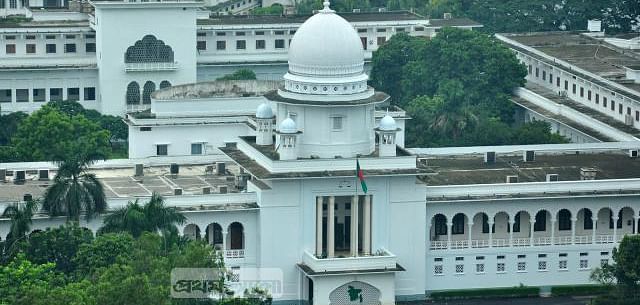
The incident of taking rapid legal action against Irfan Salim, the son of ruling Awami League’s MP Haji Md. Salim, is mostly discussed in the country’s national news media and social media at the moment. This is not the only reason that the son of an influential ruling party MP has been arrested and sentenced by a mobile court for possessing illegal items such as arms, drugs, walkie-talkies, etc. Rather, the reason for the discussion is also that the MP’s son Irfan faced this consequence for assaulting a naval officer on the street the night before his arrest.
One of the mixed reactions to the incident on social media and in the civil society is that the man Irfan Salim and his men attacked on the street that night was incidentally a member of one of the Bangladesh Armed Forces. The general idea of people is that no actions would have been taken so quickly if the assaulted person had been a member of general people. This trend can be seen in the common picture of applying law against committing crimes and criminals in Bangladesh. Even if a politically powerful person, their children and relatives in this country commit a serious criminal offence, the law is not properly applied against them. The term ‘culture of impunity’, which is widely used, is closely related to political power.
Due to political obstacles in the application of law, various types of crime, including murder and rape, are on the rise from the capital to remote rural areas.
Earlier, the incident of legal action against the policemen involved in the killing of a former army officer in Cox’s Bazar is also an exceptional case. In both cases, quick applications of law raise hopes for justice. But, the rule of law cannot be established through selective applications of the law. All are equal in the eyes of the law. We have to advance on the road of proper application of law defying all influences including political, economic and institutional. There is no alternative to it.









